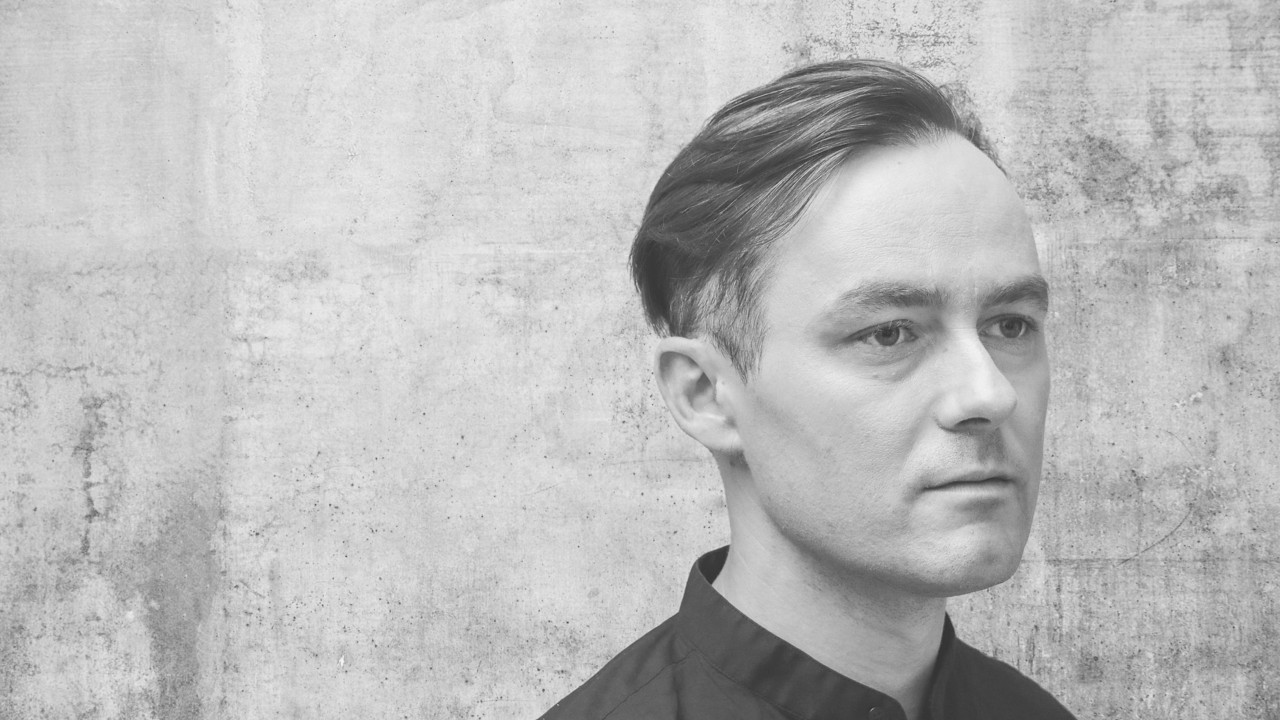
He also engages with non-musical disciplines such as computational linguistics, mathematics, dance, or design. Recurring interests of his practice include synthetic sound, algorithmic systems and integration of scientific models as compositional material.
Pietruszewski has experience as an educator, designing and delivering courses focused on digital instrument design, digital signal processing, sound theory and practice. He had taught at The Reid School of Music (Edinburgh College of Art, UK) and Design Informatics (The University of Edinburgh, UK). He also writes on issues related to computer music histories, aesthetics, and technology. His texts have been published by Hatje Cantz and ZKM among others.
He works independently and in collaboration with artists such as Marcus Schmickler, Florian Hecker, Jules Rawlinson, Lauren Sarah Hayes, and BOAR collective, and has recently released two records in 2020: The New Pulsar Generator Volume One (fancyyyyy) and Auditory Sieve (ETAT). The former album is created through his latest research on a form of synthesis called pulsar synthesis, which operationalises the notion of rhythm through connecting patterns that evolve on multiple timescales. While the concept originated with Curtis Roads, Pietruczewski has been developing software to expand the use of the concept, under the name the New Pulsar Generator (nuPG).